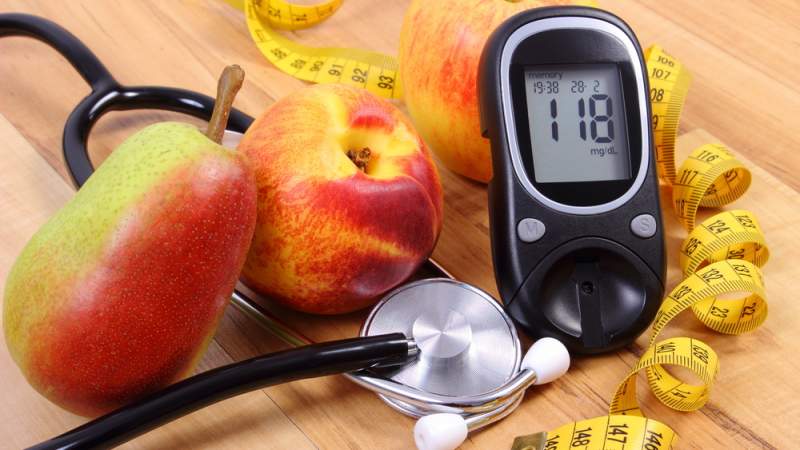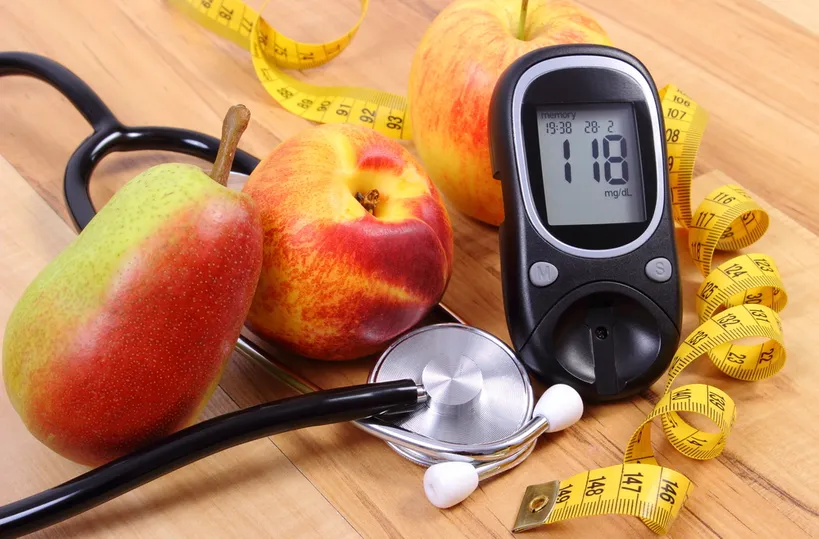Living with diabetes means making big changes to stay healthy. Whether recently diagnosed or a diabetic for years, it’s normal to struggle with new habits. Fortunately, there are a number of ways to manage your diabetes.
Adjusting Your Diet and Eating Habits
Diabetics need to be careful about their insulin levels, and food plays an important role in this. Carbohydrates are likely to cause your insulin levels to spike, so you need to watch what you eat. Strive for a balanced diet that includes a blend of healthy carbohydrates, proteins and fats. This means that each meal you eat – including snacks – should be a combination of these foods.
While meals are usually easy to balance out, resist the urge to have junk food for your snacks. Instead, think of ways to snack on healthy foods. Whole grain crackers with cheese or vegetables with hummus are a far better choice than a granola bar or bag of chips. A nutritionist can help you plan a diabetes diet that works for your lifestyle.
Foods That Are Good for Diabetes
The closer a food is to its natural form, the better it is for you. Incorporate a lot of fresh vegetables into your diet, but remember that potatoes and corn count as carbohydrates. The fiber in these healthy foods can help you stay full and they’re full of essential nutrients.
Fruits are higher in carbohydrates, but they can still be a part of your balanced diet. Whole grains are preferable to processed grains, so stick with brown rice and whole wheat bread. Low-fat meats, such as seafood and chicken are also a good choice for diabetics.
Pay attention to how you’re preparing these foods as well. For instance, deep frying foods makes them a poor choice.
Foods That Are Bad for Diabetes
In general, diabetics should avoid foods that are high in sugar, including cookies, cakes, sodas and fruit juices and other such junk foods. Check out food labels for sugar and carbohydrate levels because some foods might seem healthy – like fruit flavored yogurt or granola – but could be too high in sugar. Foods that are high in saturated fats are also not the best choice.
Reducing Your Stress
Surprisingly, stress can increase your insulin levels, so you’ll do well to look for ways that you can reduce stress. Something like going on a morning walk or taking a yoga class could be very helpful in managing your diabetes, especially since they help your body stay active. You might also consider meditation or avoiding stressful situations. While you might want to help people out, a person can only take on so much responsibility. Start taking care of yourself and refuse to take on unnecessary tasks, especially if they cause you a lot of stress. Many people find it helpful to keep a “stress journal” to try to determine where the stress is coming from. It’s not always apparent.
Getting Exercise
Since exercise uses glucose, it can help you manage your insulin levels. However, it’s also easy to take things overboard and have your blood sugar get too low after exercising. If you haven’t been regularly exercising, it’s wise to take things slow and see how your body responds rather than jumping right into an intense plan.
Plan to exercise at least 30 minutes every day and stay hydrated throughout the process. Bring along a healthy snack to eat when your workout as done since you might need to bring your blood sugar up. If you’re not sure where to start, consider talking to a personal trainer or fitness coach. Many health insurance plans offer discounts to local gyms, but you can also workout from home.
Mental Health Help
While many people live fulfilling lives with diabetes, the initial diagnosis can be a big blow. Sometimes, looking at all of the changes you have to make in your life can be overwhelming and you might start to feel depressed about not eating some of your favorite foods. If you’re starting to feel down in the dumps, consider getting professional help by speaking with a therapist, psychologist or psychiatrist.
At the very least, reach other to other people living with diabetes to find some support. They’ve been there and can offer valuable advice for getting through those first few months. As you adjust, things will probably start to look brighter.
Latest Prescription Options
Luckily, there are many prescription drugs for diabetes. Your doctor will look at your unique symptoms and medical history to determine which medicines are right for you. Many diabetics take Metformin, which can reduce the glucose the liver releases. Other medications, such as Glimepiride and Repaglinide aim to stimulate the pancreas to release insulin after eating. Diabetics also sometimes need to take other medications for high blood pressure or cholesterol.
No matter what medications you take, make sure your doctor and pharmacist know about all of the medications you’re taking to check for different interactions.
Routine Health Care
It’s smart for anyone to see their doctor at least once a year, but it’s especially important for diabetics to make this trip. Your doctor needs to monitor your condition and make adjustments to medications when necessary. Some doctors will want to see you more frequently than once a year, especially if the diagnosis is new and the doctor wants to keep a closer eye on how you’re responding to medications for diabetes and lifestyle changes. Diabetes can also have negative effects on the teeth and eyes, so it’s important to schedule a visit with a dentist and eye doctor as well, even if you’re not experiencing noticeable problems.
The diabetes diagnosis may be life-altering, but it’s a manageable condition. Knowing that you have diabetes means that you can start taking better care of your body and have your doctor keep an eye on your health. Some people are even able to reverse the condition through taking control of their health. Make a plan with your doctor to get the help you need.

